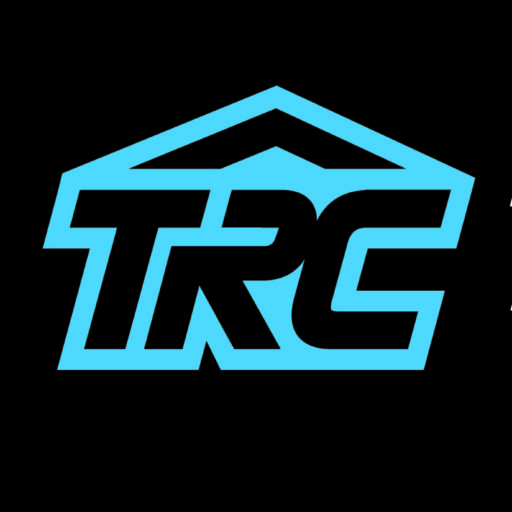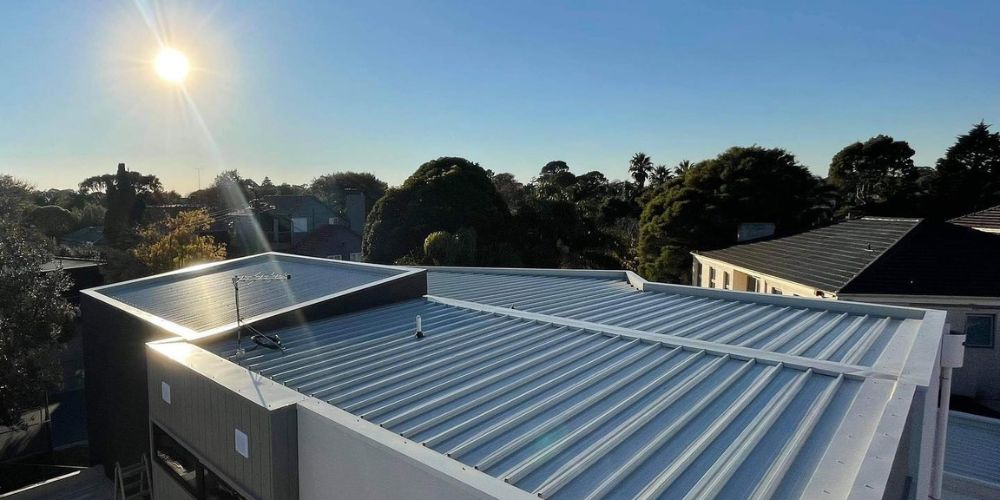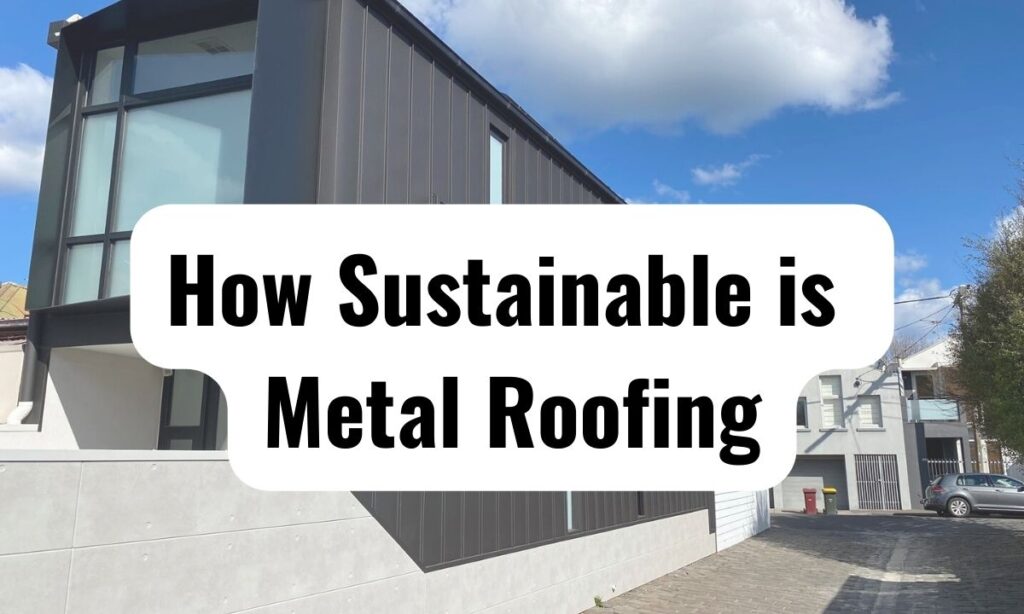How Sustainable is Metal Roofing?
These days, we have a lot to hear about the sustainability movement. We also realise that sustainability isn’t just a phrase; we’re all embracing eco-friendly lives, from carrying a reusable keep cup for our takeaway coffee to installing solar panels for a home security system to harness the sun’s electricity.
When it comes to worry-free, long-lasting roofing materials, a metal roof may not be the first material that comes to mind. Although it may appear improbable, metal is ideal for cool roofing where energy conservation and waste reduction are vital.
As experts in providing different roofing solutions to residential and commercial establishments, we also choose products created with the environment in mind.
That being said, let us discuss with you why metal roofs are sustainable roofing solutions.

Lance Mathews
In This Article

What Makes Metal Roofs a Sustainable Choice?
Home and building owners are becoming more conscious of the environmental impact of their roofing. Who doesn’t want to leave our world a bit better than we found it? Metal roofing is the most sustainable option due to the recycled materials content and the fact that it is 100% recyclable at the end of its extended service life, which can be up to 60 years or more in many circumstances.
A well-designed roofing system contributes significantly to a building’s overall durability and service life. Traditional roof tiles provide bad weather and thermal protection, allowing energy expenditure to go through the roof.
On the other hand, metal roofing has a low environmental impact. It can last two to three times as long as tiled roofs while also being more energy efficient. Metal roofs, made of various metals such as tin, aluminium, copper, and galvanised steel, are excellent for the environment and your energy costs.
Reasons Why Metal Roofs are Eco Friendly
Energy Efficient
The fundamental function of your roof should always be to protect you from the weather. Still, good-quality metal roofing can also save you money and energy in the process. Metal is considered to be one of the most energy-efficient roofing alternatives on the market, with potential savings of up to 40% on your energy expenses.
The finish frequently determines metal roofing’s energy efficiency performance. For example, a typical, unpainted metal roof is significantly more capable of reflecting solar radiation than an asphalt roof. This means that it absorbs and retains natural heat, keeping your home warmer and decreasing the need for you to spend a bigger budget on heating.
Recyclable
Metal roofing panels also have the advantage of being recyclable at the end of their useful life. Unlike other obsolete roofing materials, which are discarded in landfills by the tonne, the steel, aluminium, copper, and zinc used as roofing materials are 100% recyclable, contributing to future product recycled content.
Furthermore, metal roofing can be put over existing flat roofs in many retrofit situations. This removes the need to remove the old roofing material and contributes to preserving valuable landfill space.
Metal, like recycled content, has an advantage over many other construction materials in LEED point calculations since it can be reused. In contrast, roofing materials such as asphalt or rubber membranes are in landfills.
Long Lifespan
With more homes wanting to utilise more sustainable building materials, determining the best for you can be challenging. However, when it comes to roofing, we advocate metal. It has an established track record of unrivalled performance and strength. Its adaptability allows it to fit with practically any architectural style. When you invest in metal roofs, you won’t have to replace your roof every 15 years or so. This is because it can survive up to 50 years with no maintenance. It can survive heavy rains, high winds, and impact while remaining in excellent condition. It will not drain our natural resources due to its increased lifespan. Its superior weather resistance can help you save money on roof repair and replacement.
Lightweight
Metal roofing is generally one-third the weight of asphalt roofing, resulting in less tension throughout the home. Because of the significantly reduced weight, the house withstands less strain and stress over time, allowing you to save money on additional material expenses over time.
Frequently Asked Questions
Do metal roofs rust?
Metal roofs will endure oxidation and rusting for most of their lifetime due to advancements in paint systems, coatings, and other technologies. However, several elements can influence whether or not your roof rusts. Rusting will occur if you have plain, bare steel, for example.
Are metal roofs fire resistant?
Most metal roofing is Assembly-Rated Class A, which means that the covering and underlying materials enhance fire protection. This makes metal roofs one of noncombustible materials on the market.
Do metal roofs disrupt cell phone service?
Contrary to popular belief, metal roofs do not interfere with mobile service. However, this misunderstanding is likely because your metal roof can exacerbate current service problems. Your benefit may be disrupted if a utility tower is located near a home or business with a metal roof
Are metal roofs suitable for cold weather places?
Metal, one of man’s most durable roofing materials, can survive freezing temperatures. All roofing materials suffer damage after prolonged exposure to adverse weather conditions. However, metal roofs often last twice as long as conventional systems, notably an asphalt shingle roof.
Key Takeaways
Many individuals are concerned about the environment these days. You may have seen the rise of eco-friendly gadgets to reduce pollution and waste. One thing you may not be aware of is your roofing material selection for common environmental effects. Metal roofing is considered one of the best roofing solutions for environmental sustainability. Many ecological changes are out of our hands but choosing the sort of roof for your home is one thing within your control.
The preference between metal and concrete cladding for your home always depends on the exterior look and property necessity. We mentioned above the pros and cons of the two wall cladding types. We always advise our clients with different wall solutions depending on other factors. Every home or property is unique. It has its own needs and limitations considering the location, budget, external factors, etc. We can’t stress enough the importance of having good solid advice from a well-qualified and experienced professional who has your best interest at heart.

